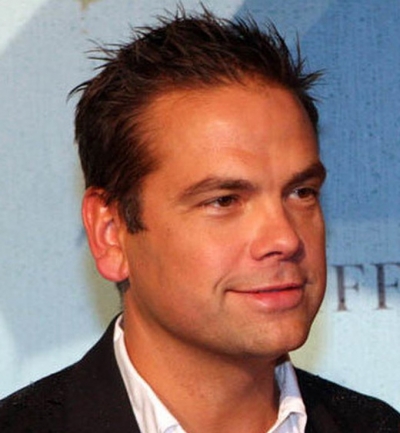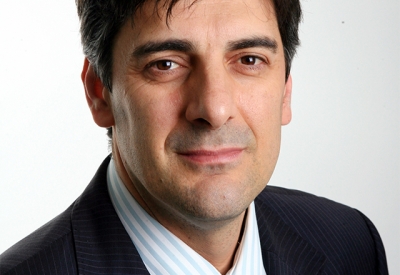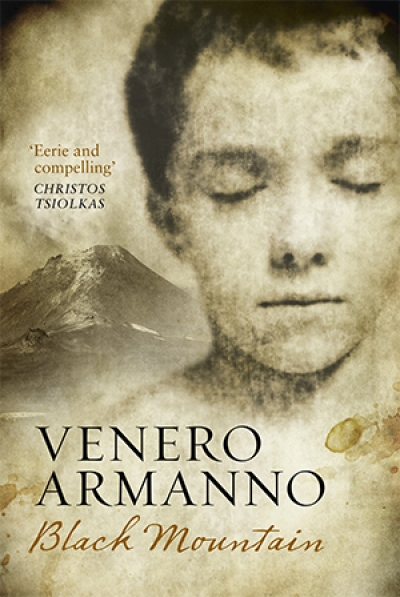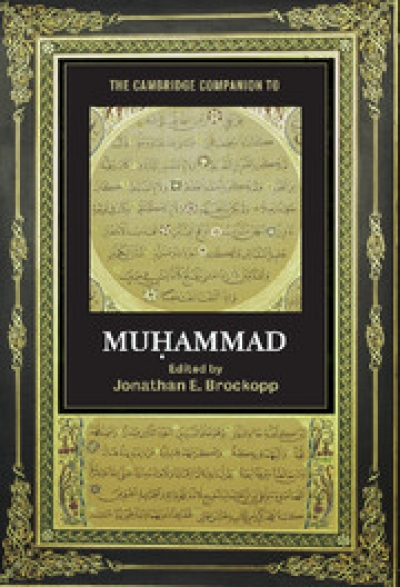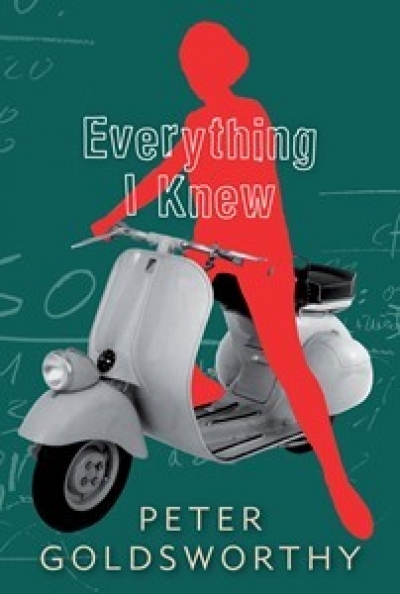I am a girl who knows how to hold a gun. On weekends, Dad drives me out to the pistol club, while Mum pulls white-sapped weeds from the garden. She plants natives that can handle the salt in the air; angular, bristling plants with angular, bristling names: banksia, grevillea, bottlebrush. A line of Geraldton Wax along the verge to replace some mean and blighted rose bushes. She knows we won’t stay long enough to see them tall. We never stay. She plants them anyway.
There is always a pistol club, and so I pack my gun box and Dad and I drive out, away from the wind-churned coast and deep into the canola. In a converted dairy shed we stand next to each other and shoot at paper targets alongside sharp-eyed farmers and retired cops. They are men with enormous hands and wide, sun-ruddy faces, and they are always watching me. There’s never been a girl in the shed. Wives, sometimes; sons, often. But the men never bring their daughters. A girl is alchemy. I change something, curdle it.
‘First time for everything,’ they say.
And there is.
‘Show us what you can do, sweetheart,’ they say.
And I do.






















